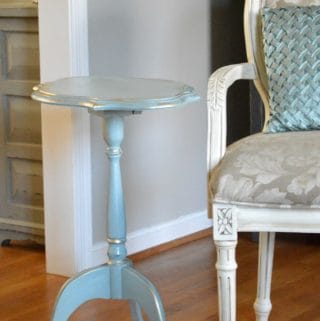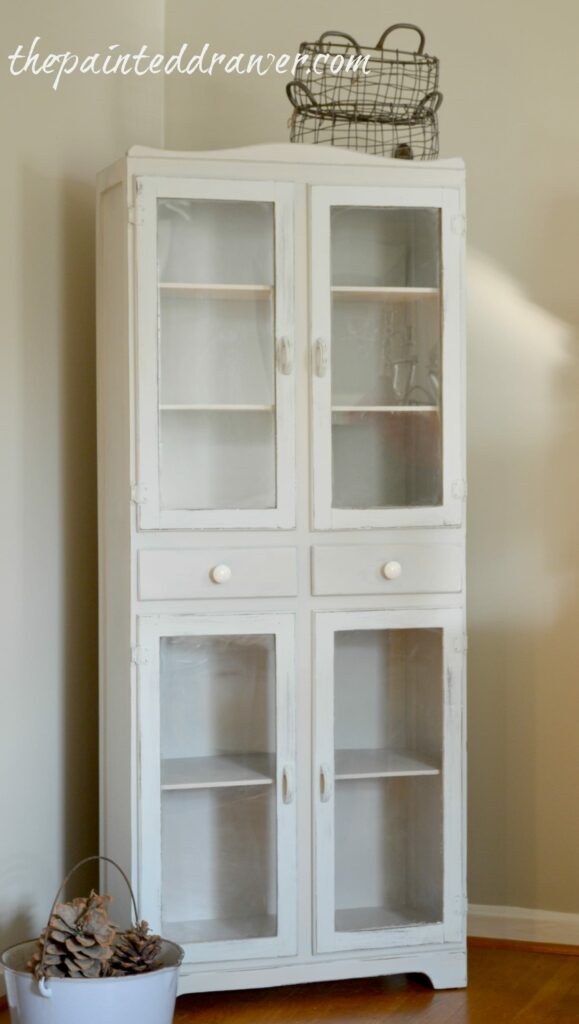https://www.pexels.com/photo/black-home-area-rug-2950003/
Cavity insulation is one of the main ways to protect your home from heat loss and save on your utility bills. It’s usually a cost-effective project that pays for itself in approximately three years.
Up to 35 per cent of heat in your house is lost through the walls, which is why getting cavity wall insulation could significantly reduce your bills. It can also help with soundproofing too, and soundproofliving.com has plenty of other suggestions on this.
In order to insulate your home, you must contact a professional that is registered with the National Insulation Association. It’s a complex project that has to be done right, otherwise, you could end up causing more damage to your property than good.
One thing you should definitely not overlook is that you might be eligible for discounts, depending on your situation. This is based on various factors, including your income, age, or the offers in your local area. It’s easy to find cavity wall insulation experts and it doesn’t have to be expensive, but it always pays for itself eventually, if the job is done well.
However, there are unfortunately a lot of people that have had this type of insulation and are experiencing issues. How can you ensure that your home is protected from cavity wall insulation problems? Is it important to check the quality of the insulation you have had installed in your house. This is imperative because problems with cavity wall insulation can cause damage to your property and even your health. There is no time to wait. Getting an expert to have a look at your existing insulation is recommended.
Understanding The Risks Of Cavity Wall Insulation And Condensation
There is no denying that insulation is very important and can be a great asset to your property. The main benefits are experienced when you receive your utility bills. Your bills will be lower, as you stop 35 per cent of the hot air from escaping your home, which in turn means you require less energy. Another benefit relates to environmental impact. By saving energy you are also reducing your carbon emissions. However, the risks of cavity wall insulation and condensation are equally important.
If you’ve had your property insulated and you have signs of damage, get in touch with a cavity claim specialist as soon as possible. Unfortunately, poor insulation can have many counter effects. To start with, the gaps in cavity walls are very susceptible to holding water. This is simply because hot air tends to hold onto water and damp much more than cold air. So, whilst this type of insulation is meant to keep the hot air inside your property, if it actually gets trapped between the cavity walls it will do more damage than good. Even the best cavity insulation contractors can never fully guarantee that you won’t face condensation and dampness. Therefore, the line between beneficial cavity wall insulation and condensation damage is very thin.
Ensure that your home is protected with the right type of insulation. If it’s not, find out if you are entitled to compensation for your current insulation. Whether you paid the full cavity wall insulation cost yourself or you had some discounts and help from your local council, it’s still important to check to see if the insulation is damaging your property.
Please note that some of the links above and below are affiliate links, and at no additional cost to you. All opinions are my own.








